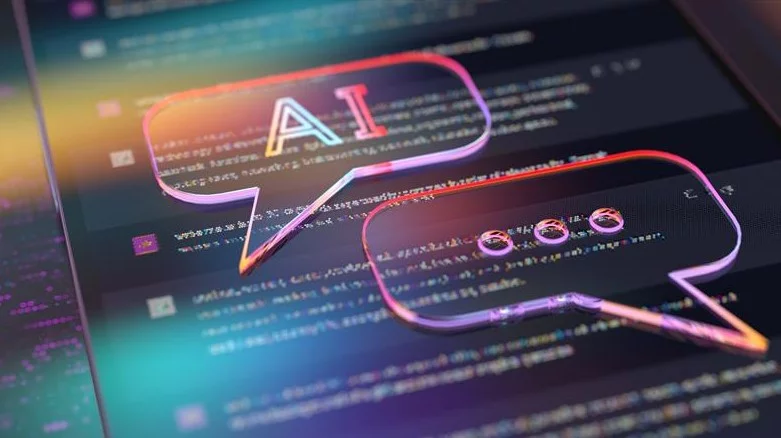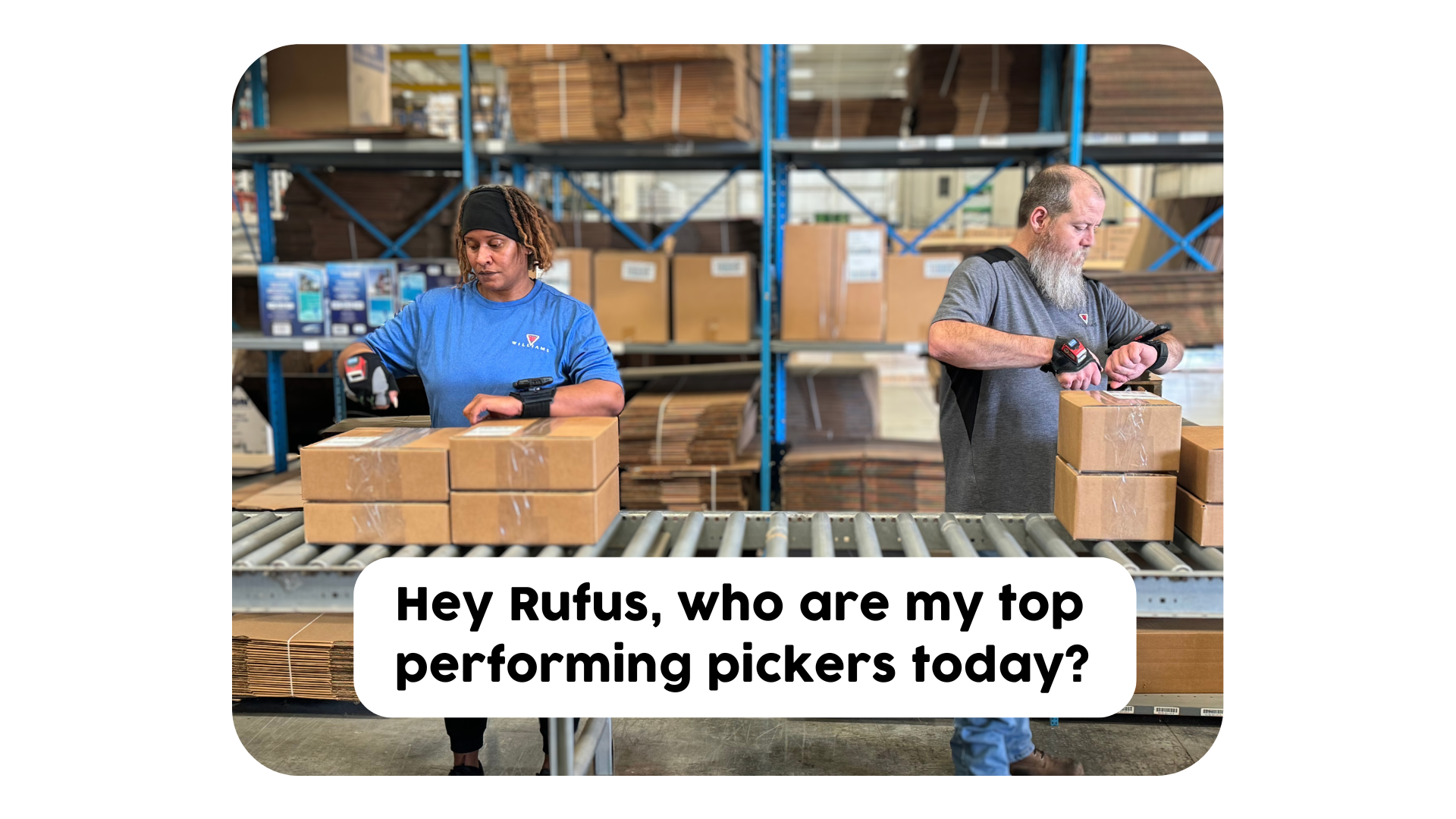Artificial intelligence (AI) will revolutionise our lives and economies in a similar way to the internet and will support software development. AI-based software will become increasingly important for both businesses and individuals. Our daily and professional lives will change, and so will the way we use software. Optimisation specialist INFORM identifies six key characteristics of this transformation.
“AI will fundamentally change the way we communicate, work and access information,” states Bernd Heinrichs, Senior Vice President Inventory & Supply Chain Division at INFORM. “Generative AI makes it possible to efficiently control and develop software using natural language and will become indispensable in everyday life as well as in the corporate world.”
INFORM identifies six ways in which AI is changing the way we interact with software in our daily lives and in business.
AI enables voice control of software
In the future, we will increasingly control software using natural language, revolutionising the use of everyday devices such as smartphones and laptops, as well as complex business software solutions. This is information that is available in a well-defined, organised and easily accessible format, such as databases or even Excel spreadsheets. The better machines communicate using language models.
AI agents complement user interface
Whether in a business or on a personal smartphone, AI-based systems will read, analyse and evaluate information across applications according to user specifications. User interfaces will be augmented by AI agents that automatically perform tasks across system boundaries. In the long term, this could lead to traditional applications, with which people interact primarily visually and haptically, fading into the background as AI-based systems dominate through natural interactions.
AI provides the basis for decisions
AI will combine, filter and prioritise knowledge and information from a wide range of sources, such as emails, chats or CRM systems, provided all privacy requirements are met. This enables instant access to relevant information on any topic. This form of intelligent knowledge management provides an indispensable basis for fast, data-based decisions, especially in business processes where the best possible decisions have to be made under time pressure.
AI supports software development
AI will play a crucial role in the future, not only for software users, but also for software developers. AI programming tools such as GitHub Copilot translate informal logic into formal code by making suggestions and completing code snippets. In this way, they accelerate development, leading to higher productivity and faster development cycles. Software developers will increasingly act as system architects, while AI takes over repetitive tasks such as testing and debugging.
AI increases the importance of software for companies
The growing power of AI in areas such as decision making and process optimisation is increasing the value of software in the enterprise. In business operations, AI is becoming increasingly effective at solving problems in areas such as optimisation, decision making, knowledge management and process automation. Process AI, as developed by INFORM, will play an increasingly important role in data-driven decision making. Fully automated, AI-based decisions could become the norm in some areas but will still need to be monitored by humans.
AI augments human intelligence
AI will augment human intelligence, not replace it. It will free humans from repetitive tasks and enable a personalised user experience by interpreting users’ intentions and responding to their preferences. AI will understand users’ intentions and be able to personalise both content and user guidance. We are already seeing this in social media and e-commerce platforms. In the future, this kind of personalisation will increasingly become standard in all software.
“With advances in artificial intelligence, software will play an even more important role. AI is opening the door to a new world of computer technology that will lead to an evolution of software,” says Heinrichs.
similar news




